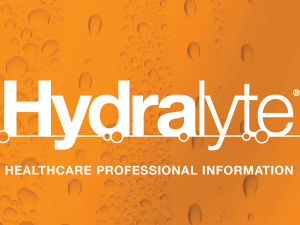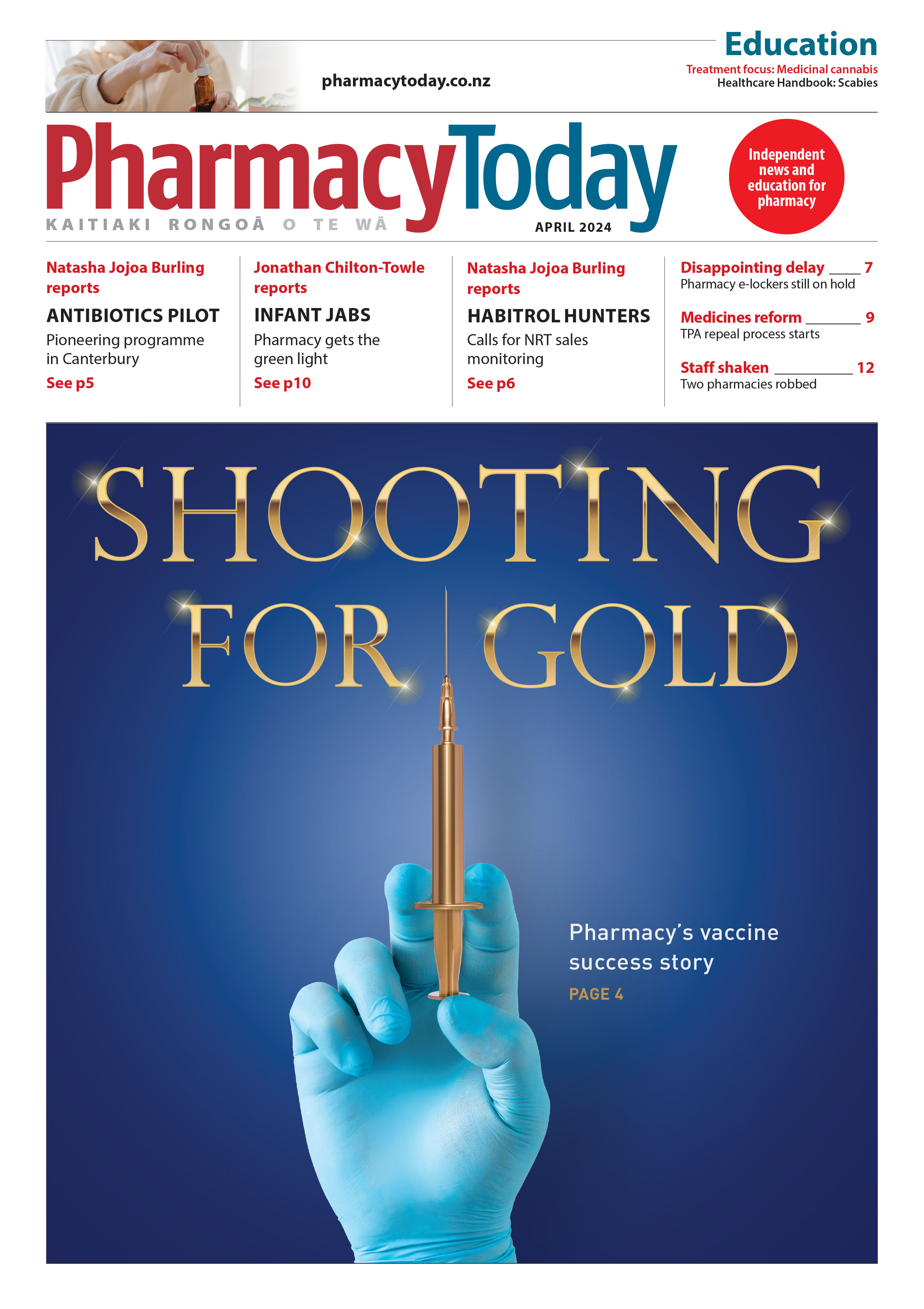In this article, Sue Frankland looks at the global problem of wastage of medications, including causes such as overprescribing and non-adherence. She also presents information from her master’s dissertation on how people understand, and respond to, medication expiration dates
Measles cases confirmed in Canterbury
Measles cases confirmed in Canterbury

The three confirmed cases come from Rangiora and Christchurch and include a teenage male, and one male and one female – both in their 40s. None are thought to have been fully immunised against measles.
Unimmunised people who come within 2 metres of an infectious person, however briefly, have a 90% chance of contracting measles.
Measles is a serious, highly infectious, potentially life-threatening disease. One in ten people who get measles will need treatment in hospital. Up to 30 percent will develop complications – usually children under 5 and adults over the age of 20. Measles during pregnancy increases the risk of miscarriage, premature labour and low birth-weight in babies.
Unimmunised people exposed to measles first develop a respiratory type illness with dry cough, runny nose, temperature over 38.5 C and feel very unwell. The rash starts on day 4 - 5 of the illness usually on the face, then moves down to the chest and arms.
Canterbury DHB’s Community and Public Health unit is working to identify all close contacts, determining their immunisation status and offering vaccination.
We are awaiting test results for a small number of suspected cases and any further confirmed cases will be notified.
People are considered immune if they have received two doses of measles, mumps, rubella (MMR) vaccine, have had a measles illness previously, or were born before 1969.
Dr Ramon Pink, Canterbury DHB Medical Officer of Health advises that people are infectious from five days before the onset of the rash until five days after the rash appears. People should stay in isolation from the time that they may have become infected until five days after the rash first appears.
“This means staying home from school or work and having no contact with unimmunised people. If others in your household are unimmunised, they need to stay in isolation too.
For the best protection against measles, people need to have two MMR vaccinations. If your vaccinations are up-to-date you will be protected and if you are unsure, you can check your vaccination status with your general practice team. The MMR vaccine is free for some people.
“Because measles is so infectious, it’s important people with symptoms don’t visit their GP or after-hours clinics but phone their family doctor/general practice team for advice instead, to limit further exposure to other people,” says Dr Pink.
More information about measles is available at https://www.health.govt.nz/your-health/conditions-and-treatments/diseases-and-illnesses/measles.
Anyone with measles symptoms or who believes they may have been exposed, can contact their usual general practice 24/7 for additional advice. If people call their GP Team after hours a nurse will answer the call and advise what to do and where to go if you need to be seen.





